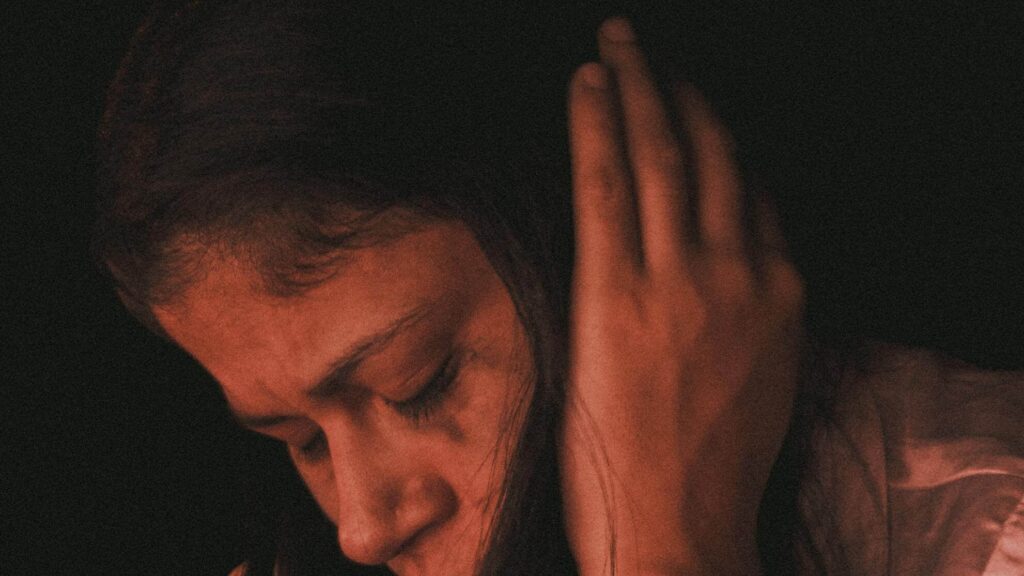Bipolar disorder is a mental health condition that causes abnormal shifts in mood and energy levels. Although many people experience mood swings, individuals with bipolar disorder experience more intense moods and emotions, often resulting in challenges in performing day-to-day activities and self-care. Previously known as manic depression, bipolar disorder is a lifelong mental health condition that can affect any age group but is often diagnosed in young adults. For those struggling with the aftereffects of a manic or depressive episode, the team at Serenity Mental Health Centers can provide support. We are committed to helping our patients find balance in a way that works for them by offering several treatments for bipolar disorder.
Our team of professionals understand that finding the right treatment for bipolar disorder can be a journey. This mental health condition can be treated with medications, such as mood stabilizers and antidepressants. Psychotherapy can also be an effective treatment option for patients who have been diagnosed with bipolar disorder. While these treatment options, or a combination of these treatments, may work for some — others may find that these treatments cause intolerable side effects. That’s why we offer alternative bipolar disorder treatments, such as ketamine IV therapy and transcranial magnetic stimulation (TMS) therapy. By offering a range of diverse bipolar disorder treatments, we can help each patient determine what treatments, or combination of treatments, can help them lead a fulfilling and stable life.

Common symptoms of bipolar disorder during manic episodes include:
Increased energy or restlessness
Inflated self-esteem or grandiosity
Reduced need for sleep
Impulsive or risky behavior
During depressive episodes, symptoms may include:
Persistent feelings of sadness or hopelessness
Fatigue or loss of energy
Difficulty concentrating
Thoughts of death or suicide
The causes of bipolar disorder are complex and may include a combination of:
Genetic factors, such as brain structure or function abnormalities
Environmental triggers, such as high stress, traumatic events, or substance abuse
Bipolar disorder is shaped by a mix of genetic, biological, and environmental factors. Common risk factors for developing bipolar disorder include:
Genetic factors:
A family history of bipolar disorder or other mood disorders can increase the likelihood of developing the condition.
Chemical imbalances in the brain:
Disruptions in neurotransmitter levels and structural differences in the brain can affect mood regulation.
Environmental stressors:
High levels of stress, past trauma, or significant life changes can trigger episodes of bipolar disorder.
Substance use:
Alcohol or drug abuse can aggravate symptoms and interfere with mood stability.
Health conditions:
Certain medical illnesses or hormonal imbalances, such as thyroid disorders, can have an impact on mental health and trigger bipolar symptoms.
Extremely educated about Ketamine therapy. My depression symptoms improved, despite the exorbitant cost.
C.F.
Google
Extremely educated about Ketamine therapy. My depression symptoms improved, despite the exorbitant cost.
R.H.
Google
Dr. Clay has given me my life, family, and friends back to me. When I first started seeing Dr. Clay, I was so depressed and anxious that I didn’t go out of the house. Dr. Clay’s medical assistant on my first appointment told me that he would never give up on me and he never has. Flash forward to now, and I’m seeing my friends, family, going out to run errands on my own, and even going to see my beloved sister in Colorado March 1st with our daughter. I am SO thankful for Dr. Clay and his team at Serenity Mental Health. They are a huge blessing and I feel so lucky to have found them!
k.
Google
My psychiatrist is named Dr. Colvin and he is an excellent person to count on for aid with mental health. He has prescribed medicine for me that has worked wonders in my life, and he continues to meet my concerns by providing more medication when needed. Alongside him, the staff is extremely flexible with their availability, and whenever I’ve needed to change a date on the calendar for appointments, they have been swift and generous to meet those needs as well. I’d recommend Serenity to anyone that is struggling to battle the demons in their head; they have changed my life and I know they will do the same for you as well.
K.D.
Google
Tolulope’s experience with TMS therapy has been excellent. She is patient and really kind, even if the initial consultation took some time to schedule.
M.V.
Google
Bipolar disorder has a genetic component and tends to run in families, increasing the risk for those with a family history. However, while genetics play a significant role, they interact with environmental factors, so having a genetic predisposition does not guarantee the disorder will develop.
If your partner has anxiety, the first thing to remember is that anxiety is not something someone can just snap out of. However, armored with the right support, help, and information, your partner may be able to overcome these tendencies. If your partner is suffering with anxiety, a few things you can do include:
While bipolar disorder may include periods of depression, the two disorders are distinctly different. Depression involves persistent feelings of sadness, hopelessness, and a lack of interest in activities, while bipolar disorder includes these symptoms along with extreme mood swings between depressive episodes and periods of mania or hypomania. Unlike depression, bipolar disorder features episodes of elevated or irritable mood, increased energy, and impulsive behavior.
Bipolar disorder can affect several aspects of an individual’s life, from behaviors and moods to relationships with family and friends. Serenity Mental Health Centers is a place where patients can partner with our team of professionals to find a treatment that works for them. We are here to provide guidance and support while helping our patients take back their lives.

Living with bipolar disorder is no different than navigating a

At first glance, bipolar disorder and depression can appear nearly

When most people think of bipolar disorder, they picture the